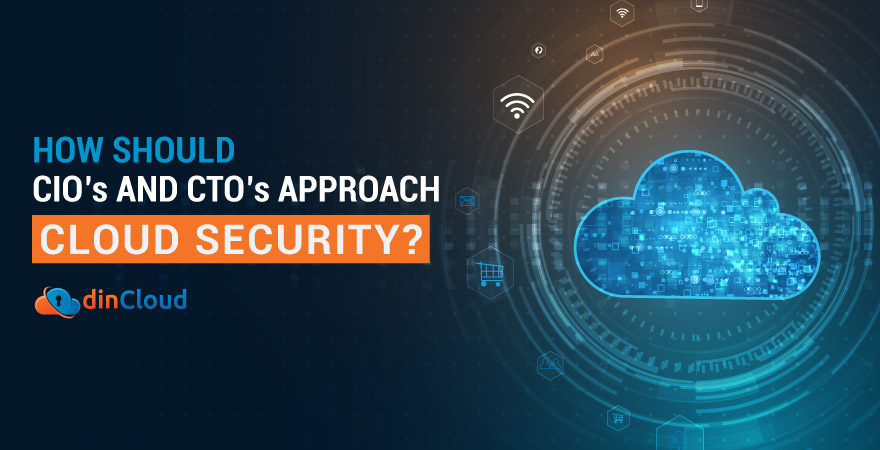In the past months, we have witnessed a tremendous rise in remote work. A sizable number of enterprises have their entire workforce operating remotely. This is a situation that poses a lot of cyber security and data related risks as well as challenges.

After analysis of the security challenges at the enterprise level, it was found that a lack of cyber security expertise was a major limiting factor. The majority of Small to Medium Enterprises (SME) did not have a dedicated set of experts for cyber security.
In the case of even mid sized enterprises, it was found that Chief Information Officers (CIO) and Chief Technology Officers (CTO) were performing the additional role of Chief Information Security Officers (CISO).
Related: What Should CIOs Take Into Account In a Cloud Migration?
However, the role and challenges that a CISO has to confront these days are no match for the primary skillset and core competencies of CIOs and CTOs. Secondly, they already have their hands full, with all the current mass scale remote work going on.
How Does Cloud Security Work?
There is a huge misperception related to security when enterprises are moving over to a Cloud Service Provider (CSP) like dinCloud. Most enterprises make the mistake of presuming that security in the case of the Cloud will be the sole domain of the CSP.
Well, this is partially true, but only to the extent of the cloud provider’s core cloud infrastructure. In any cloud service like dinCloud Hosted Virtual Desktops, there are many other factors at play, in addition to the CSP’s cloud infrastructure.
So, Cloud security is governed by a “shared responsibility model”, whereby the infrastructure is secured by the cloud provider, while the security of endpoint devices remains the domain of the deploying enterprise in most cases.
There is also the additional element of sensitizing employees about how security actually works. It is estimated that nearly 30% of all data breaches are the outcome of some degree of human error or negligence.
By adopting safe practices, employees can plug a major loophole in data and cyber security, whether it’s a cloud service or otherwise. Still, leading Cloud Service Providers (CSP) like dinCloud go the extra mile to address cyber security concerns.
Related: 3 Reasons to Embrace Digital Transformation
Add-Ons to Boost Your Cyber Security Posture
We have already highlighted earlier that cloud security goes way beyond the cloud provider’s own cloud and data center infrastructure. Ideally, it needs to be an all encompassing solution to bridge the security challenges of the present day.
At dinCloud, we offer a wide range of security solutions as add-ons to the core cloud offering. These add-ons, such as Barracuda Content Shield, Sophos Intercept X for Endpoints and Servers, Antivirus software etc. carry an additional cost.
The question that arises here is that, why doesn’t the cloud provider give these services as part of the cloud offering? Well, there are many enterprises that have both the security tools and the in house expertise to secure their bit of the infrastructure.
Related: Cloud Adoption Research for Higher Ed
So, they prefer to receive the core cloud service, without such add-ons. This is also often done to keep the cloud bill under check. Secondly, these add-on services cost a lot to the Cloud Service Provider (CSP) to integrate into their systems in a seamless manner.
Conclusion
When it comes to cloud security, it is imperative that enterprises adopt a holistic approach towards securing their entire IT infrastructure, not just the cloud service in isolation. If an enterprise lacks the in house capability, it must take the assistance of the CSP.
Leading Cloud Service Providers (CSP) like dinCloud spend a lot on cyber security, which could even be bigger than the entire budgets of small to mid sized enterprises. So, if you choose the right cloud provider and tools, you end up with a robust security posture.
Customer focused CSPs like dinCloud are always prepared to go the extra mile for their valuable cloud users. What’s important here is that there should be a realistic appreciation of what an enterprise can secure in house, and what it can’t.
Feel free to contact dinCloud for a wide array of cloud solutions that are secure, right down to the endpoint device tier, if you desire so.
Get a 14 Days Free Trial to Experience our Services First Hand!


